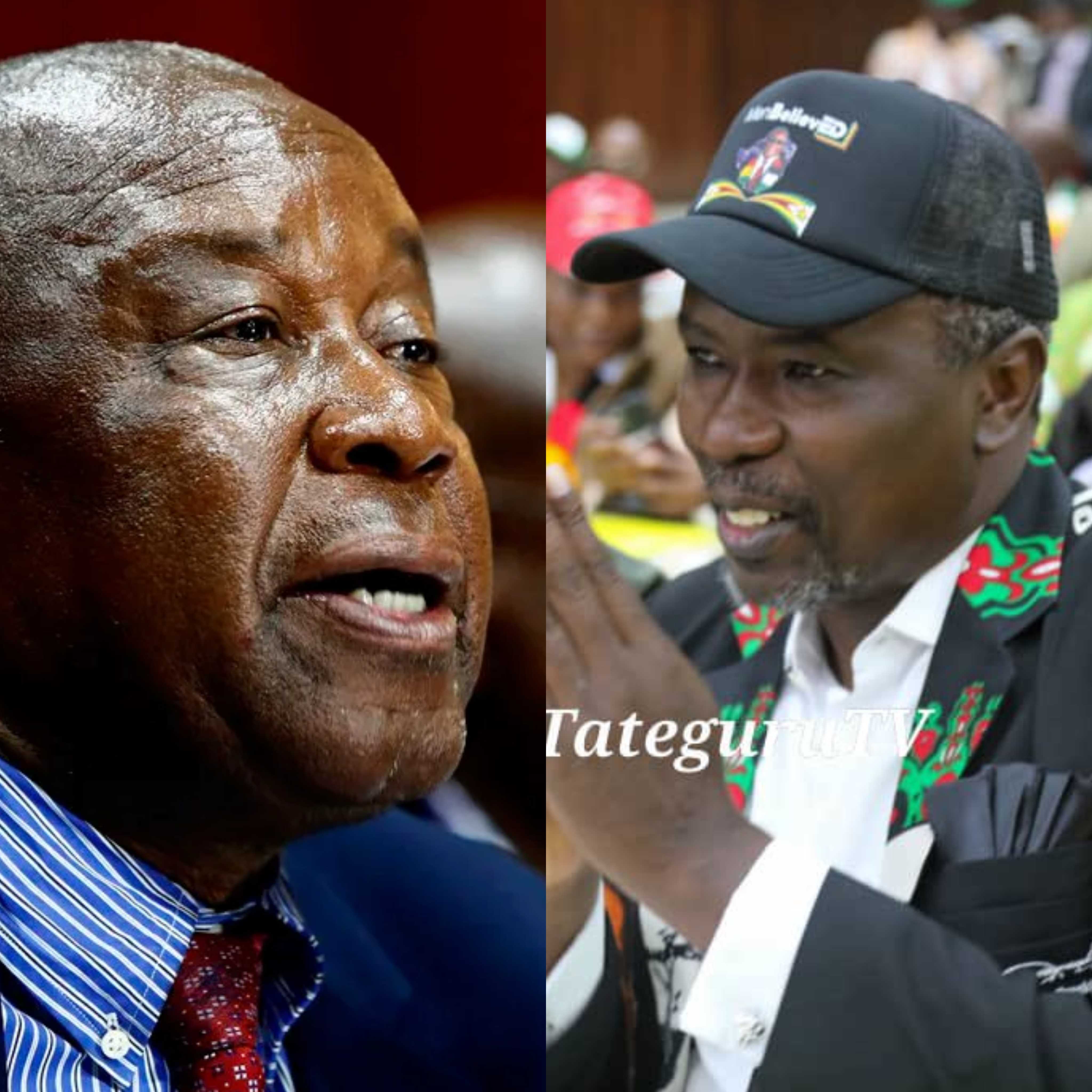
Oscar J. Jeke- Zim Now Reporter
Few names in Zimbabwean politics spark as much debate as Kudakwashe Tagwirei. The billionaire businessman, long a silent force within the ruling ZANU-PF, recently found himself thrust into an explosive public spectacle — caught in the crosshairs of the party's sharp-tongued spokesperson, Christopher Mutsvangwa.
Mutsvangwa’s accusation: Tagwirei is attempting to “buy power with trinkets” and manipulate party structures through a torrent of money, vehicles, and donations. But is this a principled defense of ZANU-PF’s ideological purity, or a premature dismissal of a man deeply interwoven with the party’s very fabric?
Former MP and ZANU-PF strongman Temba Mliswa unequivocally believes the latter. “The likes of Mutsvangwa, perching their own presidential ambitions on this, should be careful of overreaching in their celebratory antics. The President retains enough power and influence to make decisive decisions in some of these issues,” Mliswa declared, leaping to Tagwirei’s defense.
Mutsvangwa’s accusations were far from trivial. He publicly questioned the Harare province’s endorsement of Tagwirei for a coveted Central Committee post, alleging the process was tainted by material inducements and a blatant disregard for party service credentials.
“You don’t try to use the same money against this party or its population.
Respect the party which made you what you are,” Mutsvangwa thundered at a press conference, warning against attempts to “boomerang” wealth earned through proximity to power back into the political system for personal advancement. His fiery rhetoric cast Tagwirei as a symbol of Zimbabwe’s burgeoning “rentier bourgeoisie” – individuals accumulating wealth not through production, but through access, extraction, and political capture. In this light, Tagwirei was portrayed not merely as a political aspirant, but as an existential threat to ZANU-PF’s revolutionary legacy.
But is that the full, unvarnished picture? Tagwirei, through a support group, swiftly countered: “Dr. Tagwirei is not new to ZANU-PF. His involvement spans years of active support, partnership, and strategic investment into programmes that have benefited Zimbabweans directly.”
His defenders argue that he is no outsider attempting to breach the gates with a chequebook, but rather a long-standing loyalist who has financed campaigns, contributed to national infrastructure, and cultivated grassroots loyalty through economic empowerment projects. If ZANU-PF values loyalty, they contend, then Tagwirei has already earned his stripes — even if his methods appear unconventional.
Crucially, Mliswa highlighted that ZANU-PF possesses institutional mechanisms, namely waiver processes, to accommodate individuals like Tagwirei. These exceptions have previously paved the way for figures such as Finance Minister Mthuli Ncube and Simbarashe Mumbengegwi — individuals lacking conventional credentials — to ascend to central party organs. Why, then, should Tagwirei be the sole outlier?
Related Stories
The heart of this conflict may lie less in adherence to rules and more in the throes of internal rivalry. Mutsvangwa, a seasoned war veteran with decades embedded within the party, hinted at deeper frustrations: the unsettling notion that “overnight billionaires” are attempting to leapfrog loyal cadres.
This resonates with an age-old tension in liberation parties across Africa — the clash between revolutionary legitimacy and burgeoning economic success.
Yet, even if Mutsvangwa’s critique is rooted in ideology, a subtle scent of ambition lingers. By publicly discrediting Tagwirei’s political aspirations, Mutsvangwa might be clearing a path for his own ascent or aligning himself with a faction uncomfortable with the growing influence of the business elite within the party.
Mliswa’s sharp retort certainly suggests as much. He reminded observers that the ultimate arbiter in ZANU-PF remains President Mnangagwa, who wields vast discretionary power to shape the party’s internal appointments. By extension, even those publicly dismissed as unqualified by figures like Mutsvangwa can still find the “other door” — the President’s unwavering backing.
Beyond mere factionalism, this public spat lays bare a more profound reality: Zimbabwe’s economy and politics remain inextricably intertwined. Business elites are no longer just donors; they are emerging as distinct power centers. As the state increasingly relies on private sector actors to fund public infrastructure, bail out ailing institutions, or stabilize crucial commodities like fuel, figures like Tagwirei inexorably shift from the periphery to the very heart of power.
Mutsvangwa, drawing on the works of Frantz Fanon and Marxist critiques of elite parasitism, warned against this trend, likening it to the rise of a “rentier middle class” that distorts both economics and politics. He cautioned against “foisted heroes” whose power is unearned and potentially destabilizing.
However, for Mliswa and others, such critiques sound tone-deaf in a country where political survival increasingly hinges on economic leverage. In essence, the era of the staunch party-line comrade may be steadily giving way to that of the politically savvy capitalist.
While Mutsvangwa emphasized that Tagwirei’s bid for the Central Committee was blocked on procedural grounds, Mliswa meticulously detailed the formal process within ZANU-PF allowing waivers for non-traditional candidates. More significantly, Mliswa underscored the President’s independent authority to directly appoint individuals to the Central Committee, bypassing even the waiver route.
This crucial reality makes Mutsvangwa’s public dismissal appear less like a simple enforcement of rules and more like a carefully orchestrated political statement. It may have been an effort to affirm party orthodoxy, reassert ideological control, or neutralize an emerging rival. In essence, it was an exercise in gatekeeping — not necessarily a neutral adjudication of eligibility.
The very public nature of this clash also reflects the increasingly blurred lines between economic and political authority in Zimbabwe. For decades, ZANU-PF has masterfully drawn upon both ideological legitimacy and material patronage to maintain its grip on power.
Tagwirei, with his expansive business empire and burgeoning political ambitions, represents a powerful convergence of both these forces — making this a pivotal battle for the very soul of ZANU-PF.










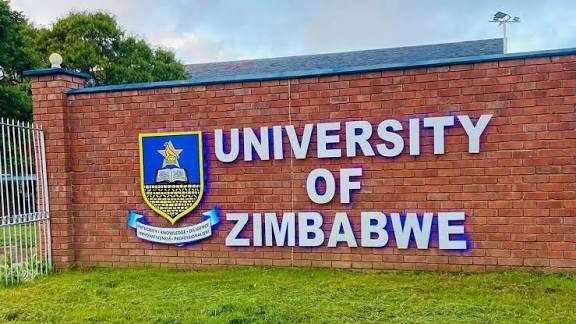

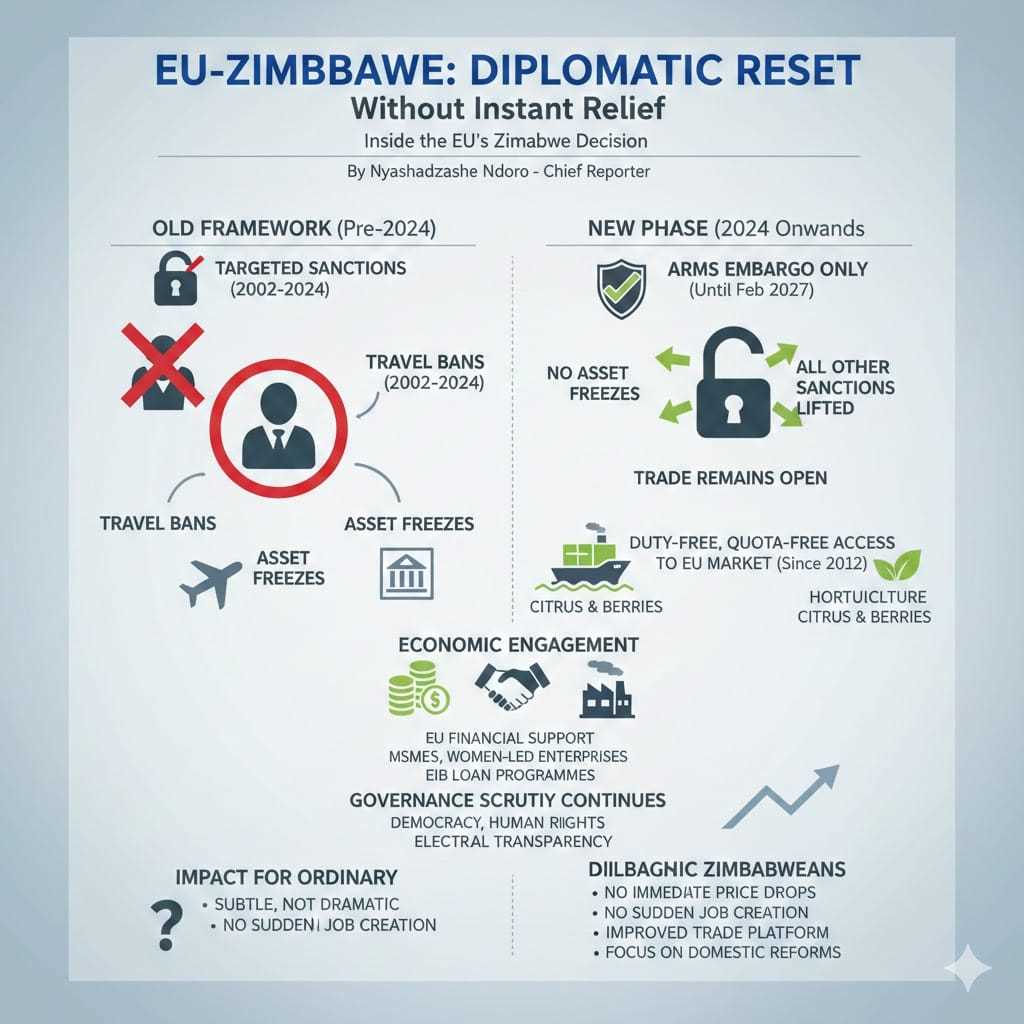

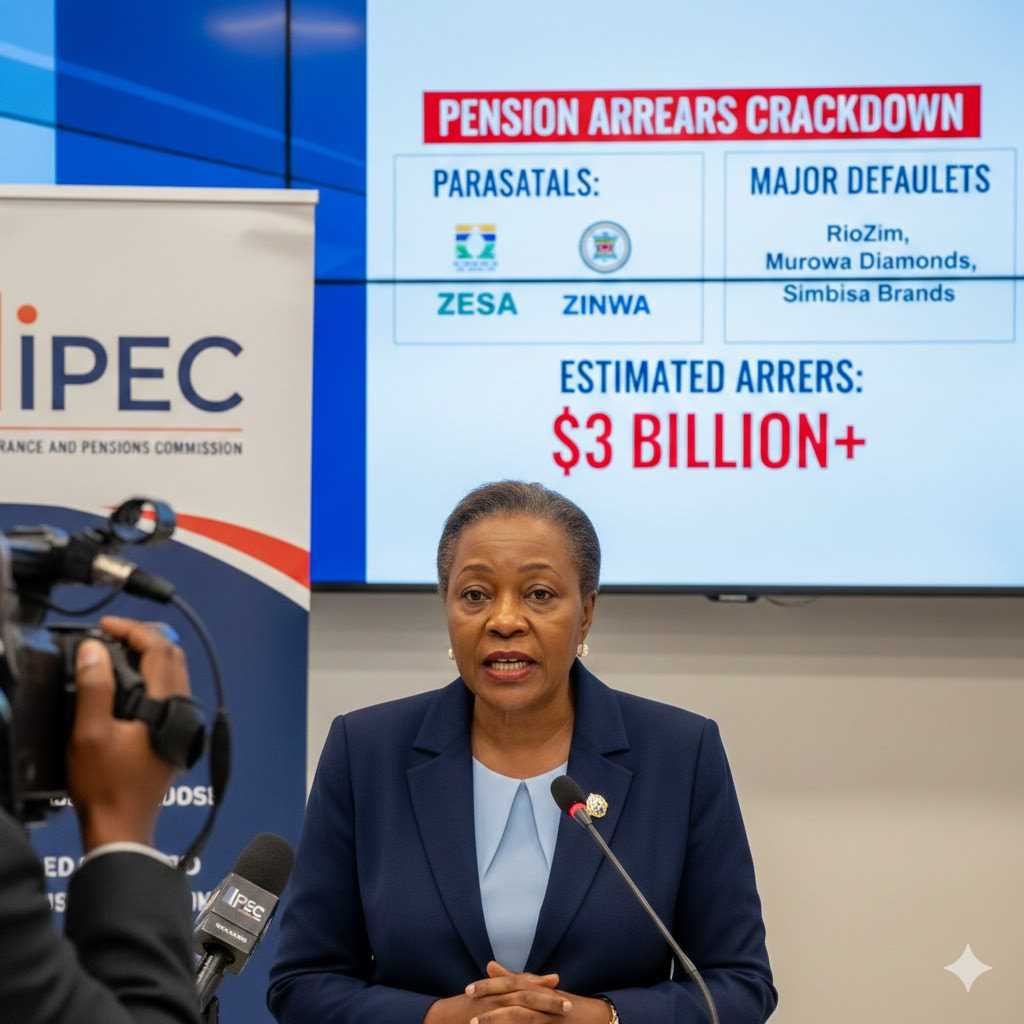
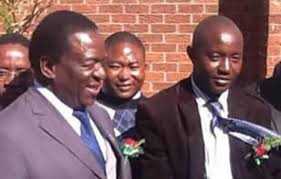




Leave Comments